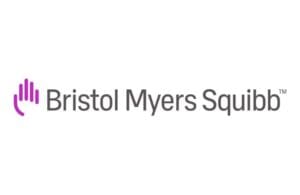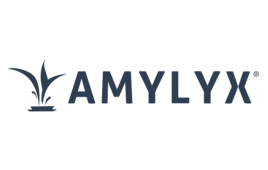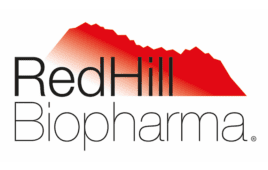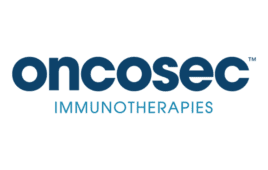 The FDA announced today that it approved Opdivo (nivolumab) in combination with chemotherapy to treat gastric cancer, among other diseases.
The FDA announced today that it approved Opdivo (nivolumab) in combination with chemotherapy to treat gastric cancer, among other diseases.
Opdivo, developed by Bristol-Myers Squibb, when used in combination with certain types of chemotherapy is designed to treat advanced or metastatic gastric cancer, gastroesophageal junction cancer and esophageal adenocarcinoma. It is now the first FDA-approved immunotherapy for the first-line treatment of gastric cancer, according to a news release.
The monoclonal antibody is designed to enhance T-cell function to inhibit tumor growth. In a randomized, multicenter, open-label trial of 1,581 patients with previously untreated advanced or metastatic gastric cancer, gastroesophageal junction cancer and esophageal adenocarcinoma, the 789 patients who received Opdivo with chemotherapy lived longer on average than the 792 patients who received chemo alone.
Median survival for patients who received Opdivo plus chemotherapy came in at 13.8 months, compared to 11.6 months for those who received chemo alone.
The most common side effects of Opdivo and chemotherapy include peripheral neuropathy (damage to the nerves outside of the brain and spinal cord), nausea, fatigue, diarrhea, vomiting, decreased appetite, abdominal pain, constipation and musculoskeletal pain.
Opdivo can also cause serious conditions known as immune-mediated side effects, including inflammation of healthy organs like the lungs, colon, liver, endocrine glands and kidneys.
“Today’s approval is the first treatment in more than a decade to show a survival benefit for patients with advanced or metastatic gastric cancer who are being treated for the first time,” director of the FDA’s Oncology Center of Excellence and acting director of the Office of Oncologic Diseases in the FDA’s Center for Drug Evaluation and Research Dr. Richard Pazdur said in the release. “The FDA is committed to bringing new safe and effective treatment options like Opdivo to patients with advanced cancer.”
Filed Under: clinical trials, Drug Discovery, Drug Discovery and Development, Orphan Drugs





Tell Us What You Think!
You must be logged in to post a comment.